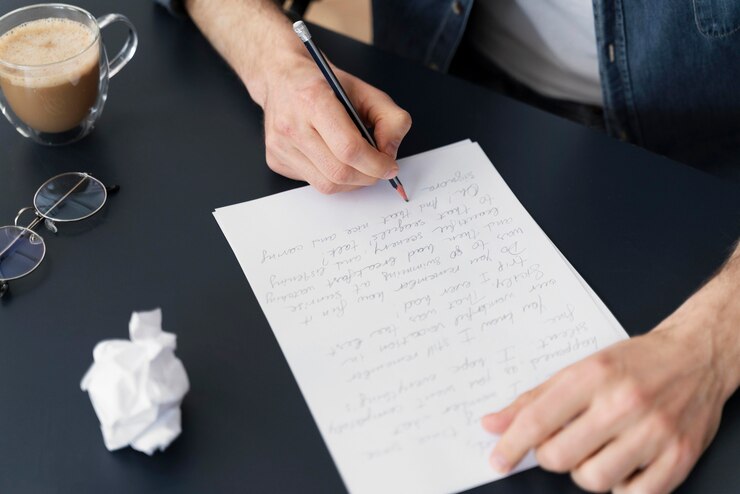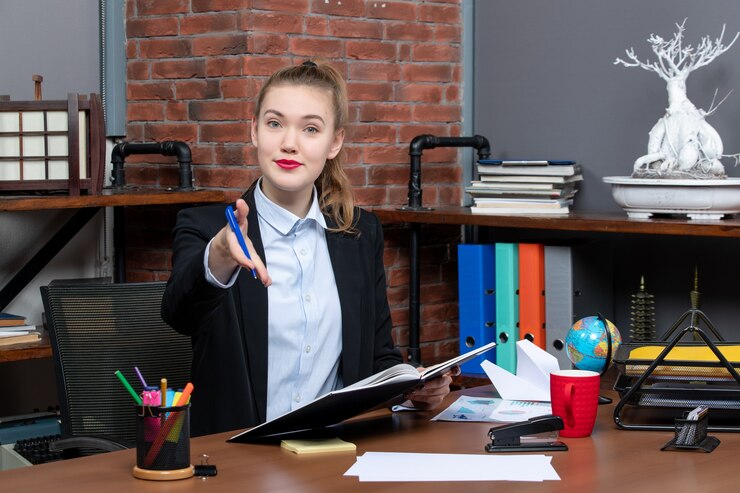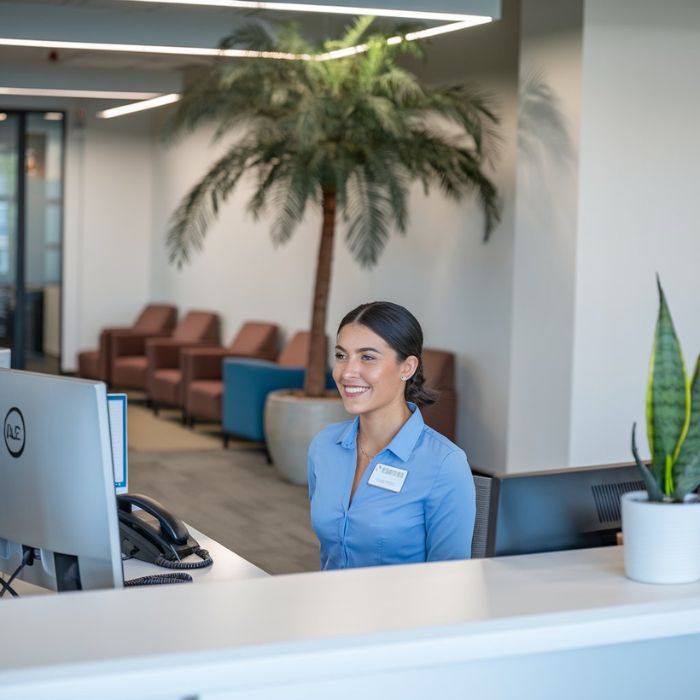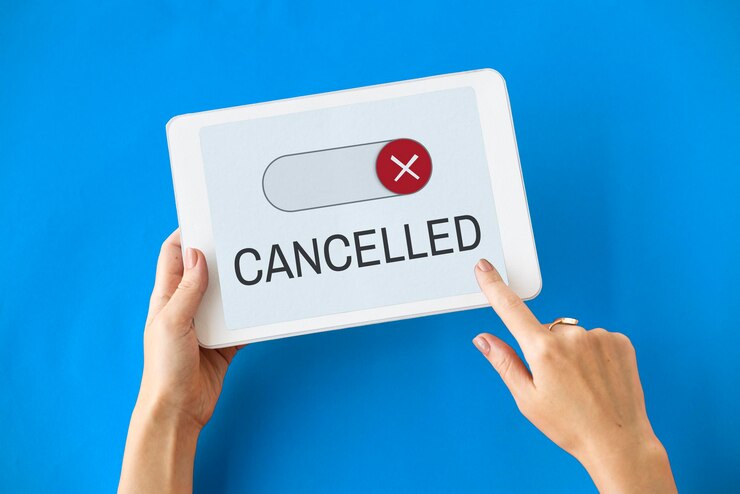After a job interview, sending a thank you letter is not just a polite gesture; it’s an essential step in the job application process. A well-crafted thank you letter can reinforce your interest in the position, highlight your qualifications, and leave a lasting impression on the hiring manager. This article will guide you through the process of writing an effective thank you letter after an interview, providing tips and examples to help you make the best impression.
1. Why Sending a Thank You Letter Matters
Sending a thank you letter after an interview serves several important purposes:
- Shows Professionalism: It demonstrates that you are courteous and appreciate the time the interviewer spent with you.
- Reaffirms Interest: It provides an opportunity to reiterate your enthusiasm for the role and the company.
- Clarifies Points: You can use the letter to clarify any points from the interview or emphasize a particular skill or experience.
- Strengthens Your Candidacy: A thoughtful thank you letter can set you apart from other candidates who may not take this extra step.
2. Timing of the Thank You Letter
The timing of your thank you letter is crucial. It’s best to send the letter within 24 hours of your interview. This shows promptness and ensures that your interview is still fresh in the interviewer’s mind. If you had a panel interview or met with multiple people, consider sending a personalized thank you letter to each person.
3. Structure of a Thank You Letter
A thank you letter should be concise, professional, and well-organized. Here’s a basic structure you can follow:
3.1 Opening Paragraph
- Thank the Interviewer: Start by expressing your gratitude for the opportunity to interview.
- Mention the Position: Refer to the specific job title you interviewed for, which shows that you’re focused and attentive.
3.2 Middle Paragraph(s)
- Highlight Key Points: Briefly mention any key points from the interview that reinforced your qualifications or fit for the role.
- Reaffirm Interest: Clearly state your continued interest in the position and the company.
- Clarify or Add Information: If there was something you didn’t get to discuss fully during the interview, this is your chance to bring it up.
3.3 Closing Paragraph
- Express Enthusiasm: Reiterate your excitement about the opportunity and the potential to contribute to the company.
- Next Steps: Politely indicate your anticipation of the next steps in the hiring process.
- Closing Salutation: End with a professional closing, such as “Sincerely” or “Best regards,” followed by your name.
4. Tips for Writing a Thank You Letter
4.1 Personalize the Letter
Avoid using a generic template. Tailor your thank you letter to reflect the specific conversation you had during the interview. Mention something unique that stood out during the discussion to make your letter more memorable.
4.2 Keep It Concise
Your thank you letter should be brief and to the point. A length of around 200-300 words is ideal. You want to convey your message without overwhelming the reader.
4.3 Proofread Carefully
Ensure that your letter is free of typos and grammatical errors. A well-written letter reflects your attention to detail and professionalism.
4.4 Use a Professional Tone
Maintain a formal and respectful tone throughout the letter. Even if you had a casual conversation during the interview, the thank you letter should remain professional.
4.5 Send via the Appropriate Medium
Email is typically the preferred medium for thank you letters, especially given its immediacy. However, if the company has a more traditional culture, a handwritten note sent by mail could make a strong impression.
5. Sample Thank You Letters
Here are two examples of thank you letters: one for email and one for a more formal handwritten note.
5.1 Sample Thank You Email
Subject: Thank You – [Your Name]
Dear [Interviewer’s Name],
Thank you for taking the time to meet with me yesterday to discuss the [Job Title] position at [Company Name]. I greatly appreciate the opportunity to learn more about your team and the exciting work you’re doing.
Our conversation about [specific topic discussed] reinforced my enthusiasm for the role, and I am confident that my skills in [relevant skill or experience] align well with the needs of your team. I am particularly excited about [specific aspect of the role or company], and I am eager to contribute to the success of [Company Name].
Thank you again for considering my application. I look forward to the possibility of working together and contributing to your team’s success. Please feel free to contact me if you need any additional information.
Best regards,
[Your Full Name]
[Your Phone Number]
[Your LinkedIn Profile or Email Address]
5.2 Sample Handwritten Thank You Note
[Your Name]
[Your Address]
[City, State, Zip Code]
[Email Address]
[Date]
Dear [Interviewer’s Name],
I wanted to take a moment to thank you for the opportunity to interview for the [Job Title] position at [Company Name]. I truly enjoyed our conversation and learning more about the innovative projects your team is working on.
I am very excited about the possibility of joining [Company Name] and contributing my experience in [relevant skill or experience]. The role is a perfect match for my skills, and I am enthusiastic about the chance to contribute to your team.
Thank you again for your time and consideration. I look forward to hearing from you soon.
Sincerely,
[Your Full Name]
6. Conclusion
A well-crafted thank you letter is a simple yet powerful tool that can reinforce your candidacy and leave a positive impression on your potential employer. By following the tips and examples provided, you can create a thank you letter that effectively communicates your appreciation, enthusiasm, and suitability for the role. Remember, the small step of sending a thank you letter could be the deciding factor that sets you apart from other candidates.











